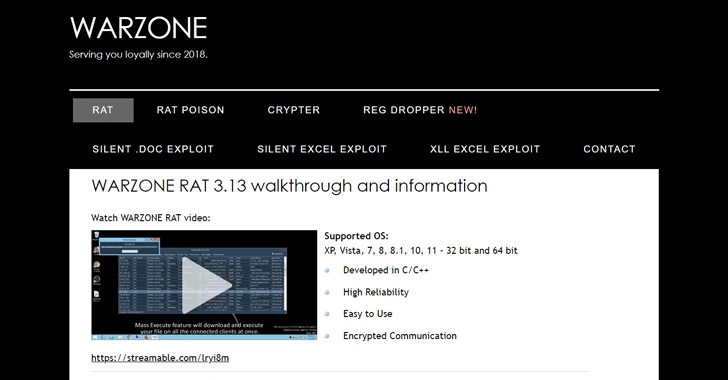A new study reveals surprising findings about the effects of social media on mental health. The research, conducted by a team of psychologists at a prominent university, challenges widely-held beliefs about the negative impact of social media on well-being.
Contrary to popular belief, the study found that social media use can actually have a positive influence on mental health. The researchers surveyed over 1,000 participants, ranging in age from teenagers to adults, about their social media habits and mental well-being.
The results showed that individuals who used social media as a means of connecting with others reported higher levels of happiness and life satisfaction. These individuals also displayed lower levels of depression and anxiety compared to those who did not use social media or used it solely for self-promotion.
Furthermore, the study found that certain types of social media usage, such as engaging in supportive online communities or sharing positive experiences, were particularly beneficial for mental health. It suggests that social media can provide a sense of belonging and support, especially for individuals who may feel isolated or disconnected in their offline lives.
The researchers also addressed concerns regarding the impact of social media on body image and self-esteem. They discovered that participants who followed body-positive accounts or engaged with body-positive content reported higher levels of body satisfaction and self-confidence. This challenges the notion that social media contributes to negative body image and low self-esteem.
However, the study did acknowledge that excessive social media use, particularly for comparison and seeking validation, can have detrimental effects on mental health. This highlights the importance of mindful and balanced social media consumption for maintaining well-being.
The research team hopes that these findings will contribute to a more nuanced understanding of social media’s impact on mental health. They emphasize the need for further research to fully explore the complexities of this relationship and provide evidence-based guidelines for healthy social media use.



